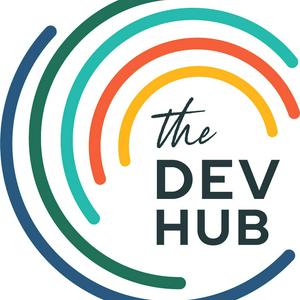Oral traditions and collective healing through language and culture. Tija Andriamananjara interviewed.
In this week’s episode, Tija speaks to us about oral traditions, reparative justice, the violence of colonisation, and how that generates intergenerational harms. We talk about the erasure of culture, the loss of language, and the role of storytelling, song, and intergenerational love and joy as part of the healing process. Tija emphasises the role of culture in addressing mental health and the intergenerational trauma of colonisation. We discuss the importance of storytelling to sustain oral history and keep the languages of colonised countries alive. Tija offers us a hopeful way forward for collective healing from the intergenerational harms of colonisation.Tija Andriamananjara is a trauma informed senior social worker from Madagascar joining us from St Paul, Minnesota (US). Her experience and background include education, child development, mental health and human services. She was a visiting educator in Madagascar at a local NGO helping children and women facing domestic violence. Her graduate studies focused on social justice and reconciliation. Her graduate practicum included working with a 3-aged group of Native American kids, youth and women. Tija published 2 children’s books with songs solely in Malagasy in late 2023 and lastly in October of this year to promote her mother tongue and familial connections through reading at home. If you’re interested to find out more about Tija’s work, take a look here:LinkedInSoaSoa LinkedInRecent work:"Mahaliana ny Mianatra" {In Awe of Learning}"Kintana Mamiratra" {StarShine}Podcast episode about traumaRecommended resources:Decolonizing Therapy - Jennifer Mullan PsyDMy Grandmother's hands - Resmaa MenakemHealing the Soul Wound - Eduardo DuranMitaraina ny tany - Andry Andraina, 1979Trauma and Recovery: The Aftermath of Violence - Judith Herman, 1992 The Ancestor Syndrome - Anne Ancelin Schutzenberger, 1998The Myth of Normal - Gabor Maté, September 2022The Wild Edge of Sorrow - Francis Weller, September 2015Healing Collective Trauma - Thomas Hübl and Julie Jordan Avritt, November 2020Nonviolent Communication - Marshall Rosenberg , 2003


